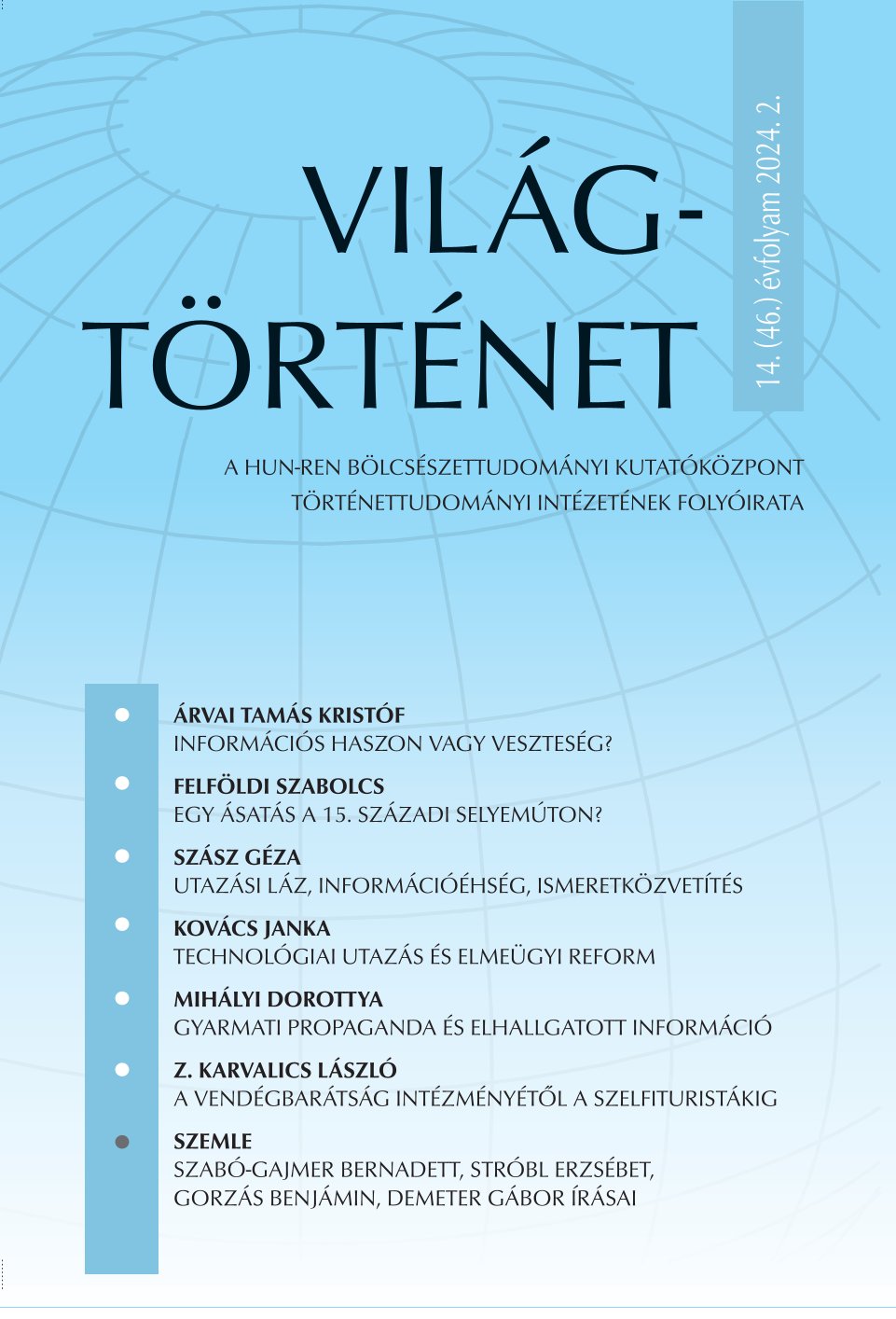Információs haszon vagy veszteség? II. Sarrukín asszír király i. e. 714-es urartui hadjáratának értelmezési családjai
Information Gain or Loss? The Interpretation Families of Sargon’s II of Assyria Urartian Campaign (714 BC)
Author(s): Tamás Kristóf ÁrvaiSubject(s): Ancient World
Published by: Magyar Tudományos Akadémia Bölcsészettudományi Kutatóközpont Történettudományi Intézet
Summary/Abstract: The text of the 8th campaign of Sargon II of Assyria (714 B.C.) was published in 1912 by François Thureau-Dangin. What should a scholar at the beginning of the 20th century do with such a text? The French Assyriologist laid down the direction of the research: to reconstruct the campaign in space (historical geography) and time (chronology). These aspects dominated the research until the end of the 20th century. Leo Oppenheim was the first, who in the year 1960 asked a completely different question: What function did the text fulfil in contemporary Assyrian society? Italian scholars like Carlo Zaccagnini or Frederick Mario Fales began to ask the same question from the 1980s. This new perspective became a paradigm shift in the interpretation of the 8th campaign of Sargon II of Assyria. Thomas S. Kuhn – who constructed the concept of paradigm shift – observed, that scholars belonging to the same paradigm refer only to the studies of their own “family” in the footnotes and bibliographies of their works. This is true also in the case of the interpretation of the 8th campaign of Sargon II. My investigation is to show the historiography of these two – modern and postmodern – paradigms.
Journal: Világtörténet
- Issue Year: 2024
- Issue No: 2
- Page Range: 185-214
- Page Count: 30
- Language: Hungarian

